Volkswagen Group continues switch to low-emission logistics with order for four more LNG ships
Green Car Congress
JULY 15, 2021
Volkswagen is the first automaker to transport most of its new vehicles overseas using low-emission LNG ships. The further decarbonization of shipping will result in substantial CO 2 reductions, with the use of liquid natural gas enabling Volkswagen to cut the ships’ CO 2 emissions by up to 25% percent (tank-to-wake).




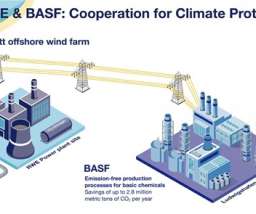


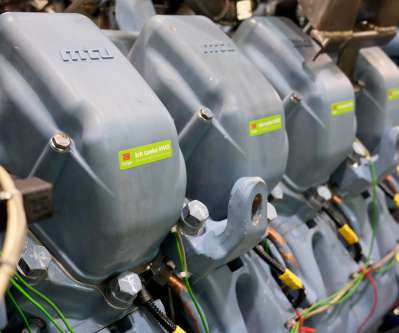
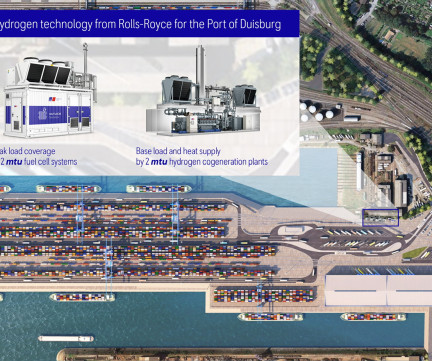




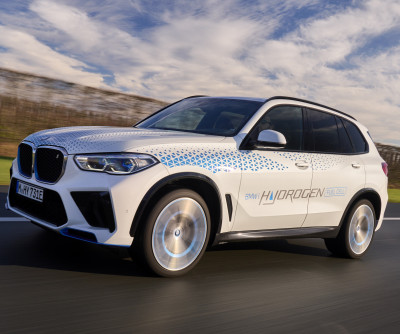

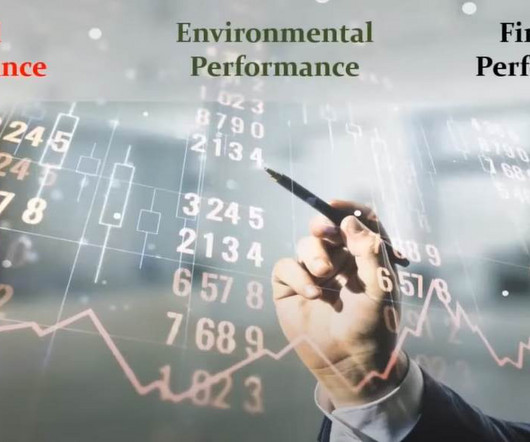
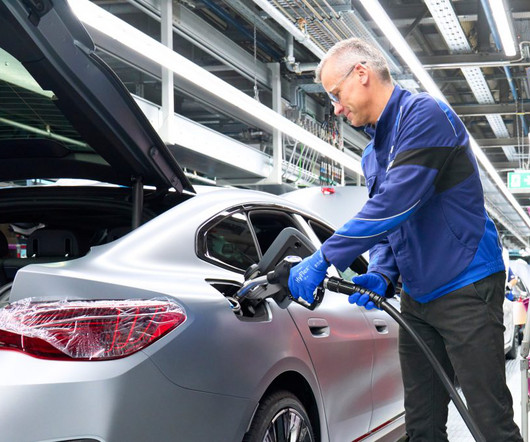

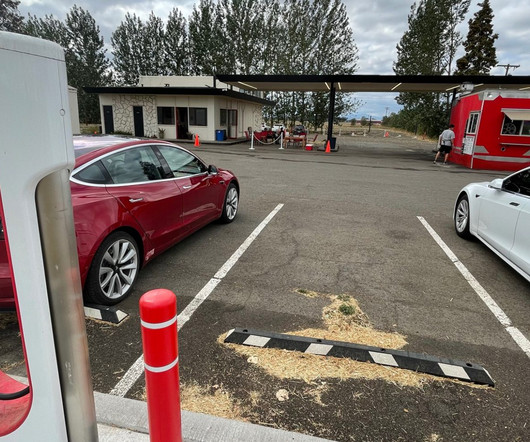








Let's personalize your content